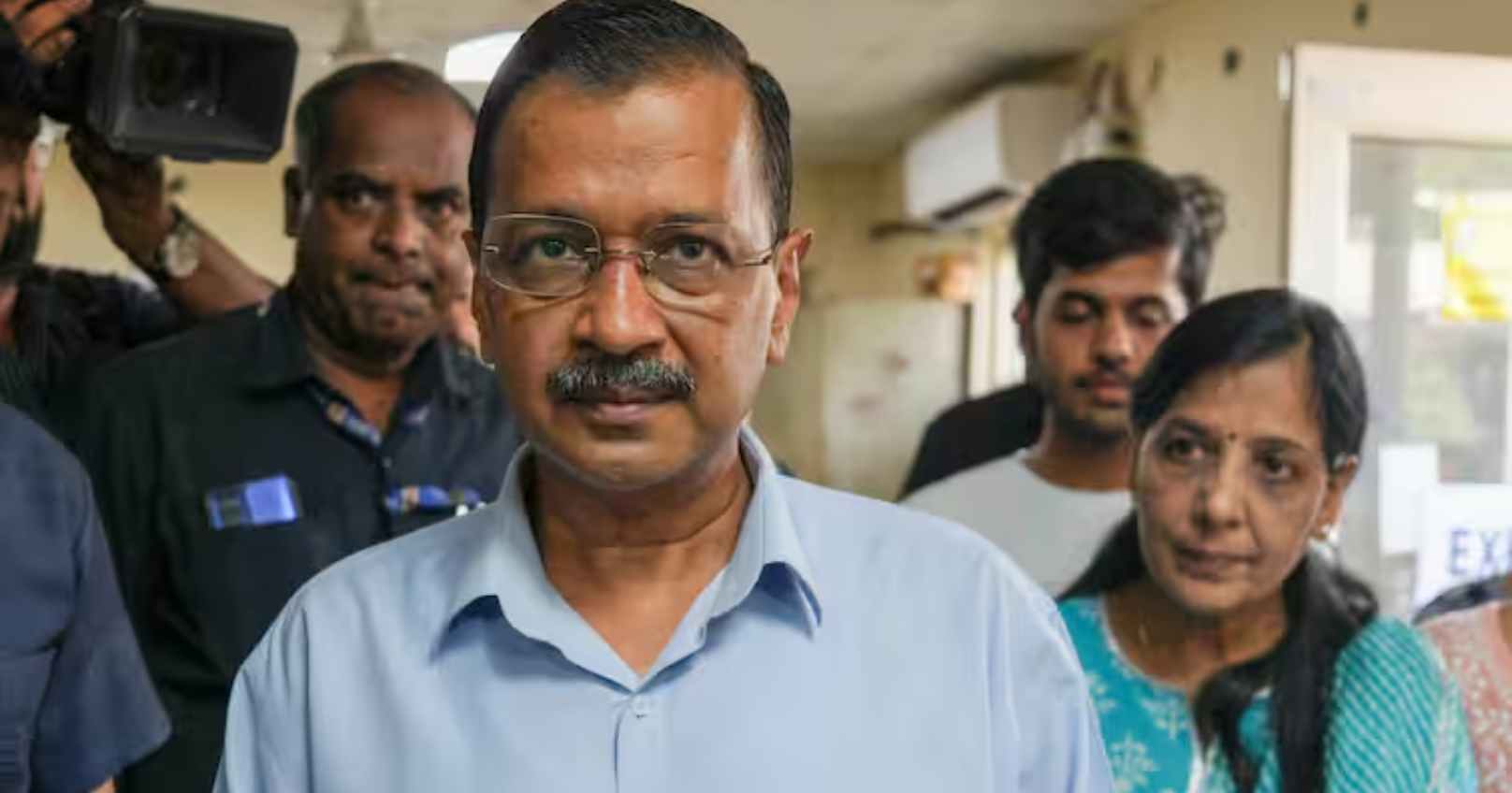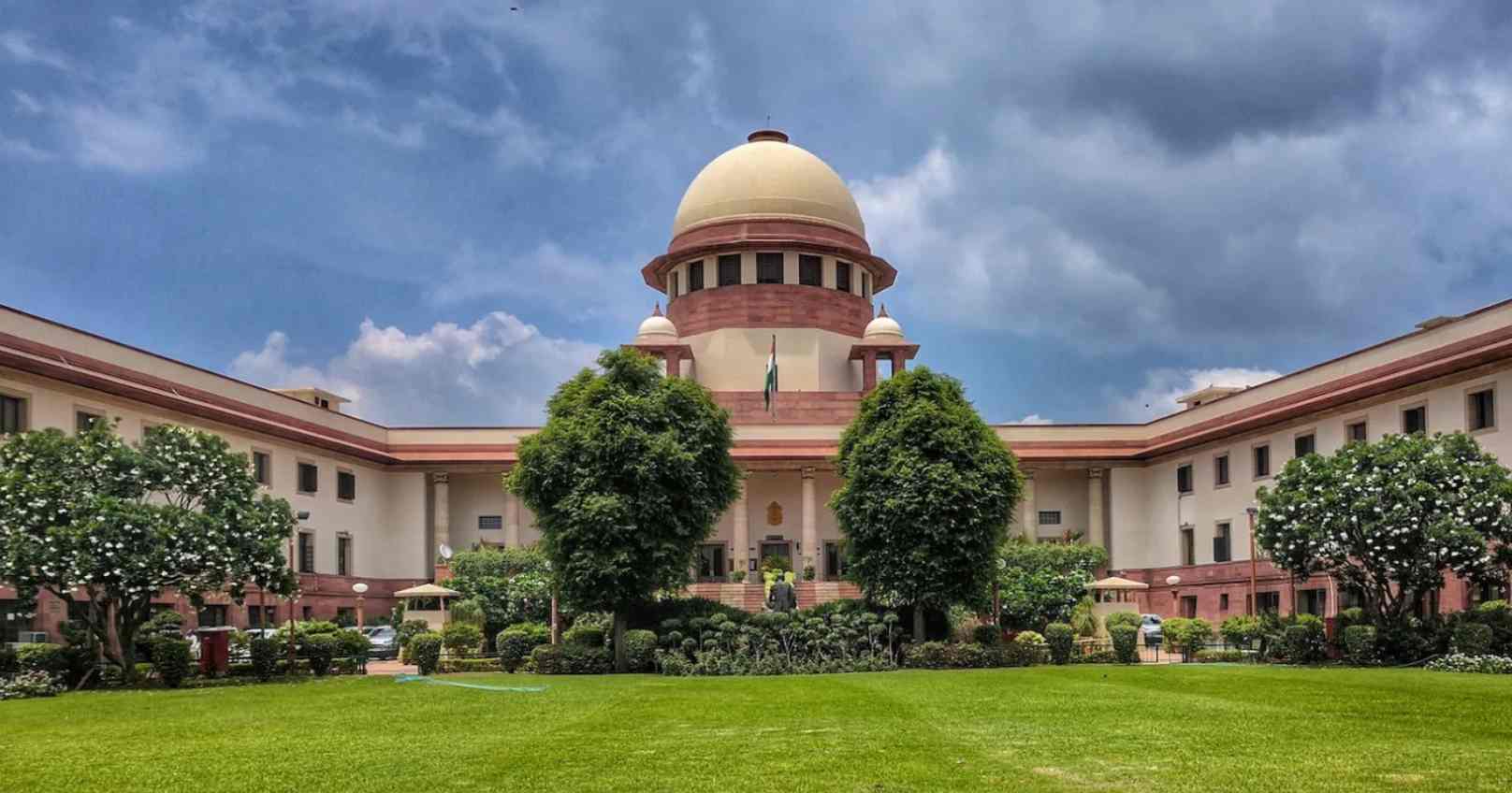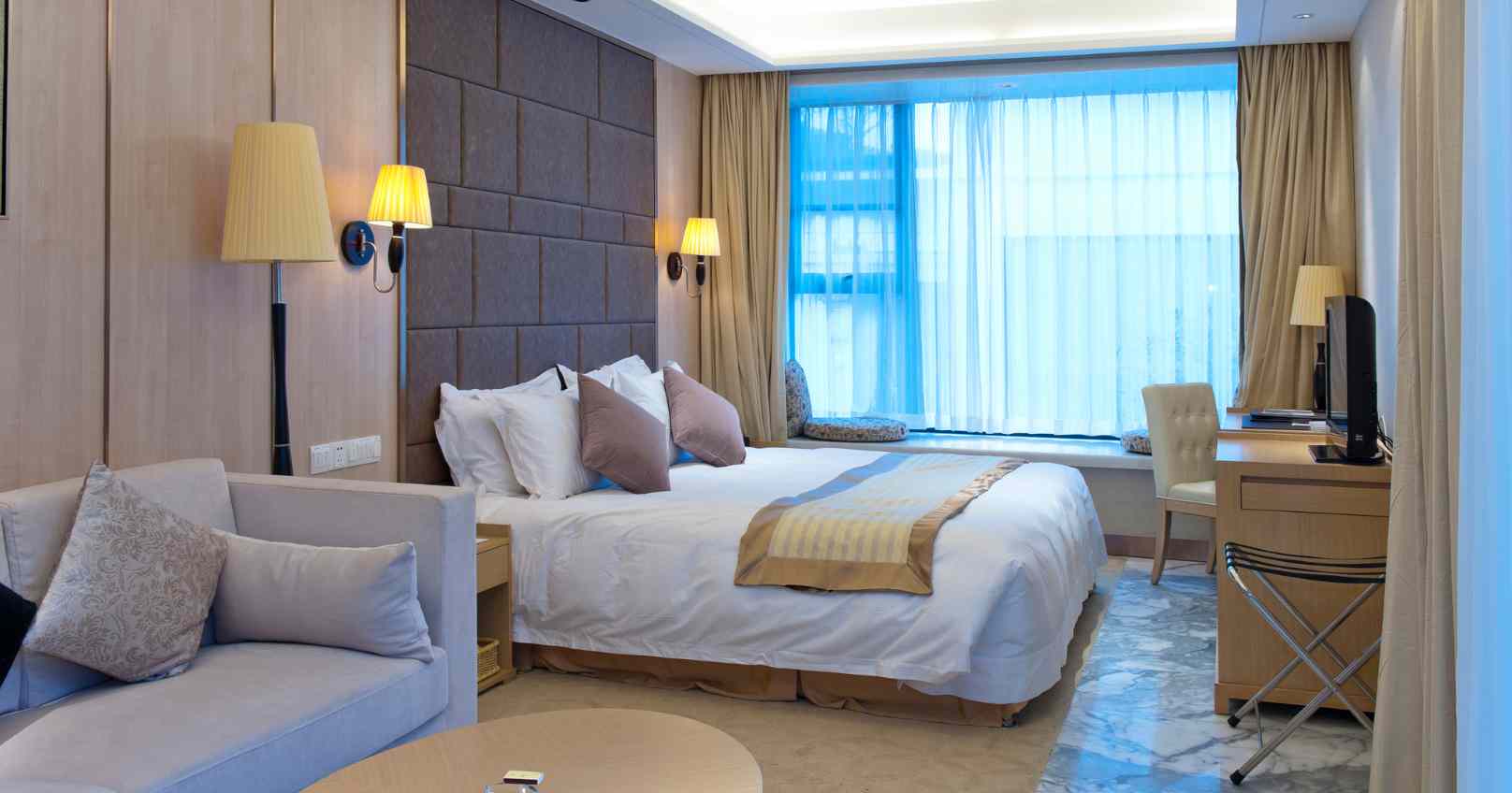The Rouse Avenue Court in Delhi has extended the judicial custody of Chief Minister Arvind Kejriwal until July 3. This decision came during a hearing on Kejriwal's plea for regular bail.
The Enforcement Directorate (ED) informed the court about alleged evidence indicating that Arvind Kejriwal had demanded Rs 100 crore as kickbacks in a case related to the now-revoked liquor policy.
Additional Solicitor General SV Raju asserted that the court had acknowledged the money laundering offence in the case. He cited the rejection of bail applications of co-accused, including former Delhi minister Manish Sisodia, as indicative of the court accepting the money laundering charges.
"The court's recognition of money laundering indicates that it believes there is a prima facie case of money laundering here. The CBI investigation revealed that Kejriwal demanded a bribe of Rs 100 crore. We had collected evidence even before his arrest," ASG Raju, representing the ED, stated.
Arvind Kejriwal appeared before the court via video conference.
Defense Argument in Court
Kejriwal's counsel, Vikram Chaudhary, argued that his client had not been named in any chargesheet filed under the Prevention of Money Laundering Act (PMLA). "Even in the CBI's FIR, Kejriwal has not been named as an accused," Chaudhary pointed out.
"The allegations made by the ED suggest that they are prosecuting me not under the PMLA but in the CBI case," Chaudhary further contended.
He highlighted that the Supreme Court, in its May 10 order, allowed Kejriwal to file a bail petition in the lower court.
Kejriwal's lawyer also raised concerns about the case being built primarily on statements from previously arrested witnesses who were promised bail.
"These witnesses were promised pardon... they are not beyond suspicion. The entire case began in August 2022, and Kejriwal's arrest came just before the 2024 elections. There seems to be an ulterior motive behind the timing of Kejriwal's arrest," Chaudhary added.







